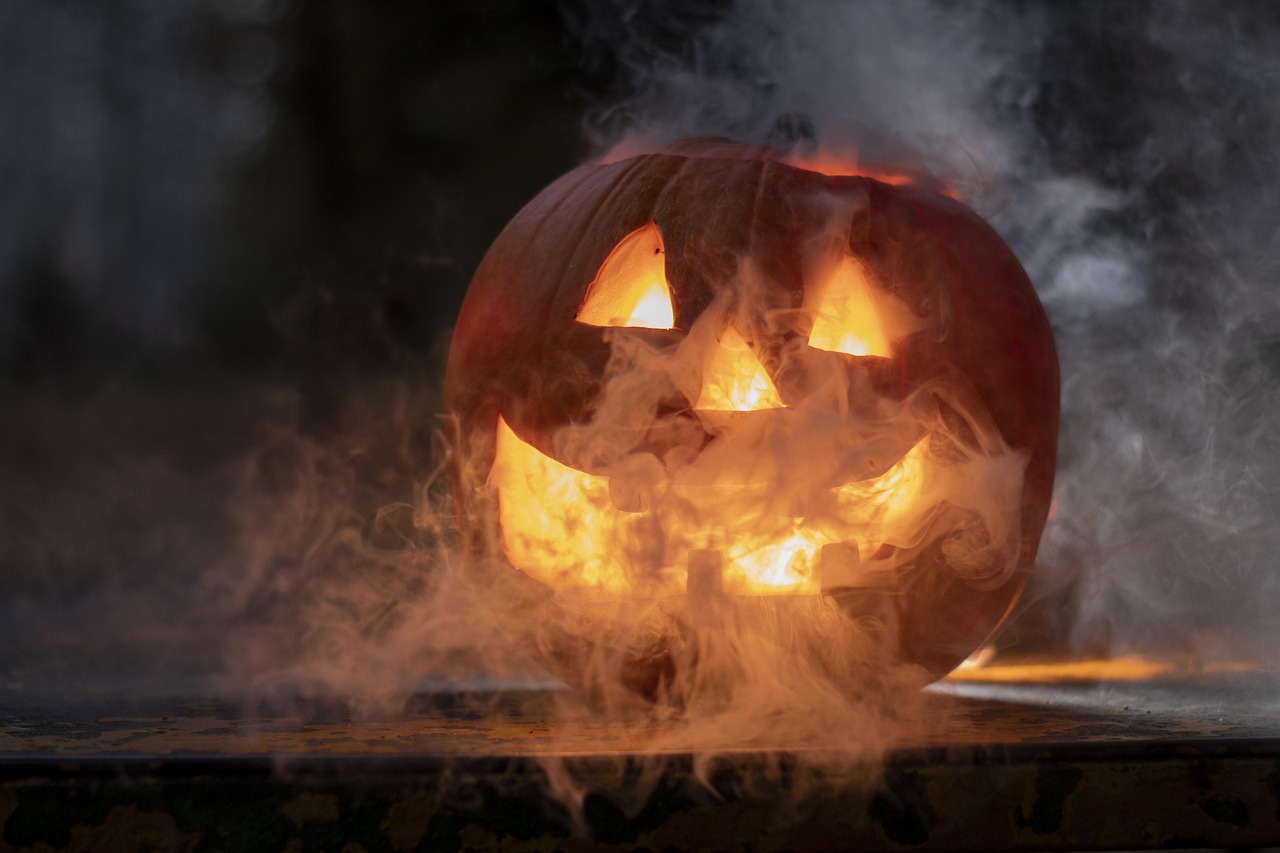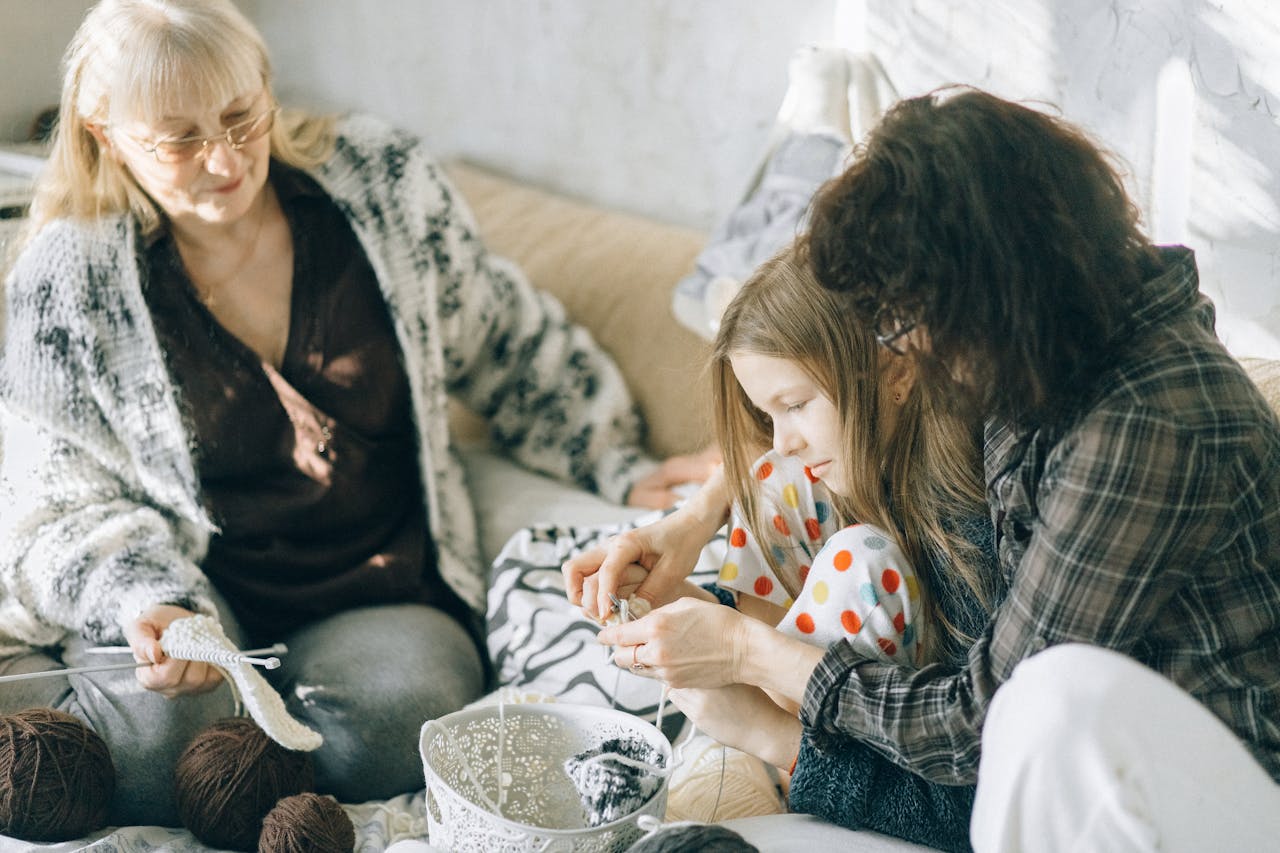October once leaned on quieter rituals that stitched neighbors, memory, and courage into a single night. Before aisles of plastic masks, the season lived in handmade lanterns, chanted songs, and kitchen table games that mixed humor with superstition. The pull of those customs feels stronger as communities search for meaning over spectacle. When hands bake, carve, sing, and share fire, the dark softens. The old habits never vanished. They simply waited for open doors, steady candles, and names spoken aloud.
Souling For Cakes

Across Britain and Ireland, children and the poor once knocked at doors for small spiced cakes, offering prayers for the family’s dead. Streets became slow processions of song, kindness, and remembrance, with each bite binding charity to memory. A modern revival could pair neighborhood choirs with bakeries and shelters, trading soul cakes for donations and names read at dusk. The ritual asks for nothing fancy, only warm bread, a whispered blessing, and a porch light that stays on.
Guising With Earned Treats

Long before quick candy runs, guisers performed to receive sweets or coins. A verse, a joke, a fiddle tune turned the doorstep into a tiny stage and the night into a festival of amateur courage. Reimagined now, blocks could host two minute sets, stamp cards for brave attempts, and invite elders to share folktales between acts. The exchange shifts attention from getting to giving. Talent is small but real, and applause lands where neighbors actually live.
Turnip And Swede Lanterns

Before pumpkins took over, households carved faces into turnips, swedes, or mangelwurzels. The knotted flesh caught candlelight in wiry patterns, producing expressions stranger and older than any smooth orange grin. A comeback suits farmers markets and school workshops, with safe tools and heritage roots piled high. Contests can judge texture and personality rather than size. In a row of identical pumpkins, a lumpy turnip looks like folklore made visible, stubborn and oddly tender on a cold step.
The Dumb Supper
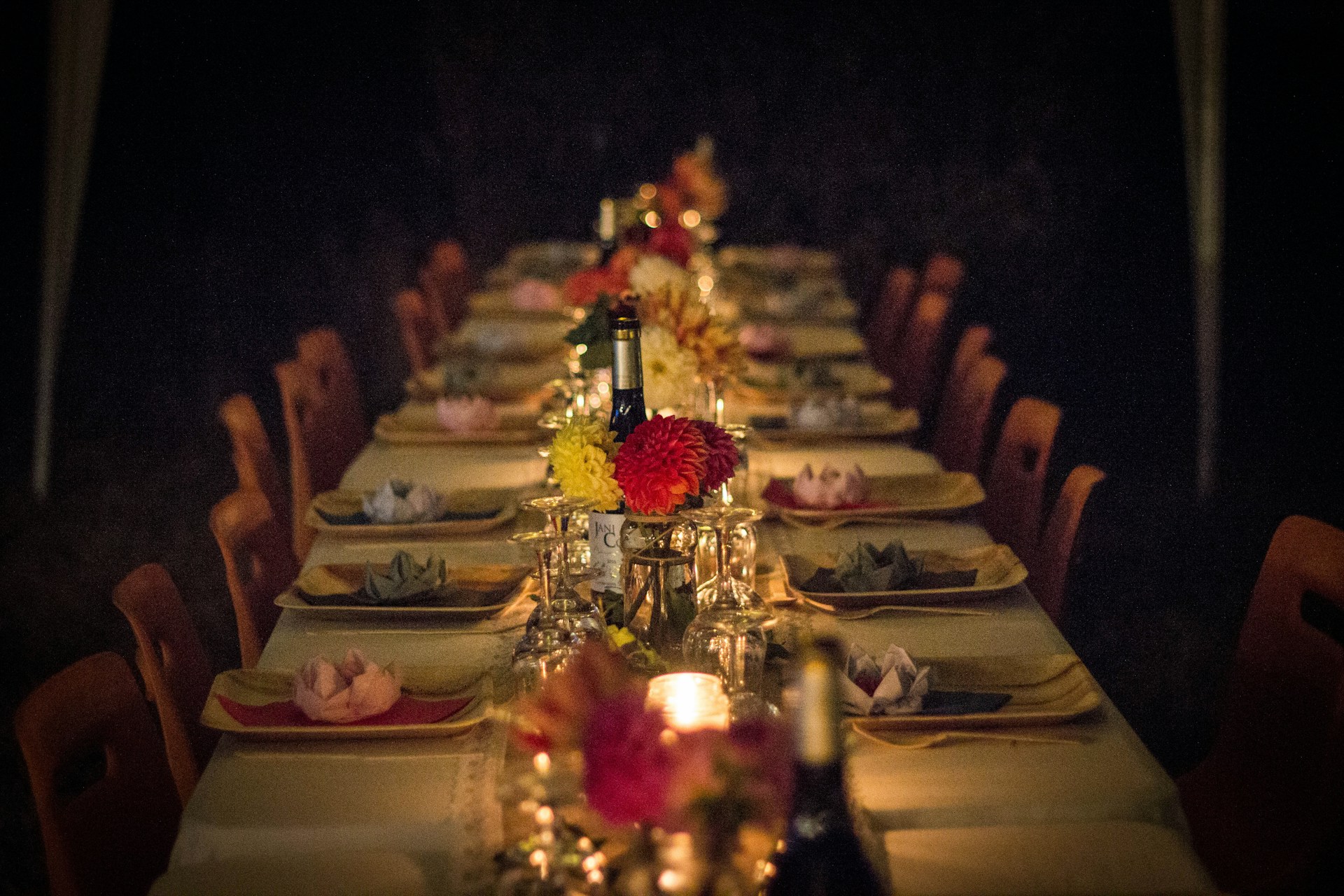
The dumb supper made room for the dead. Hosts set a place, ate in silence, and let memory speak without commentary. The hush was not gloomy. It was steadying, a shared breath with those who shaped the living. Families today could pause phones, light a candle, write notes to the departed, then burn or bury the messages after dessert. No speeches, no spectacle, only a table held open by quiet intention and the comfort of simple food.
Apple Games And Lighthearted Fate
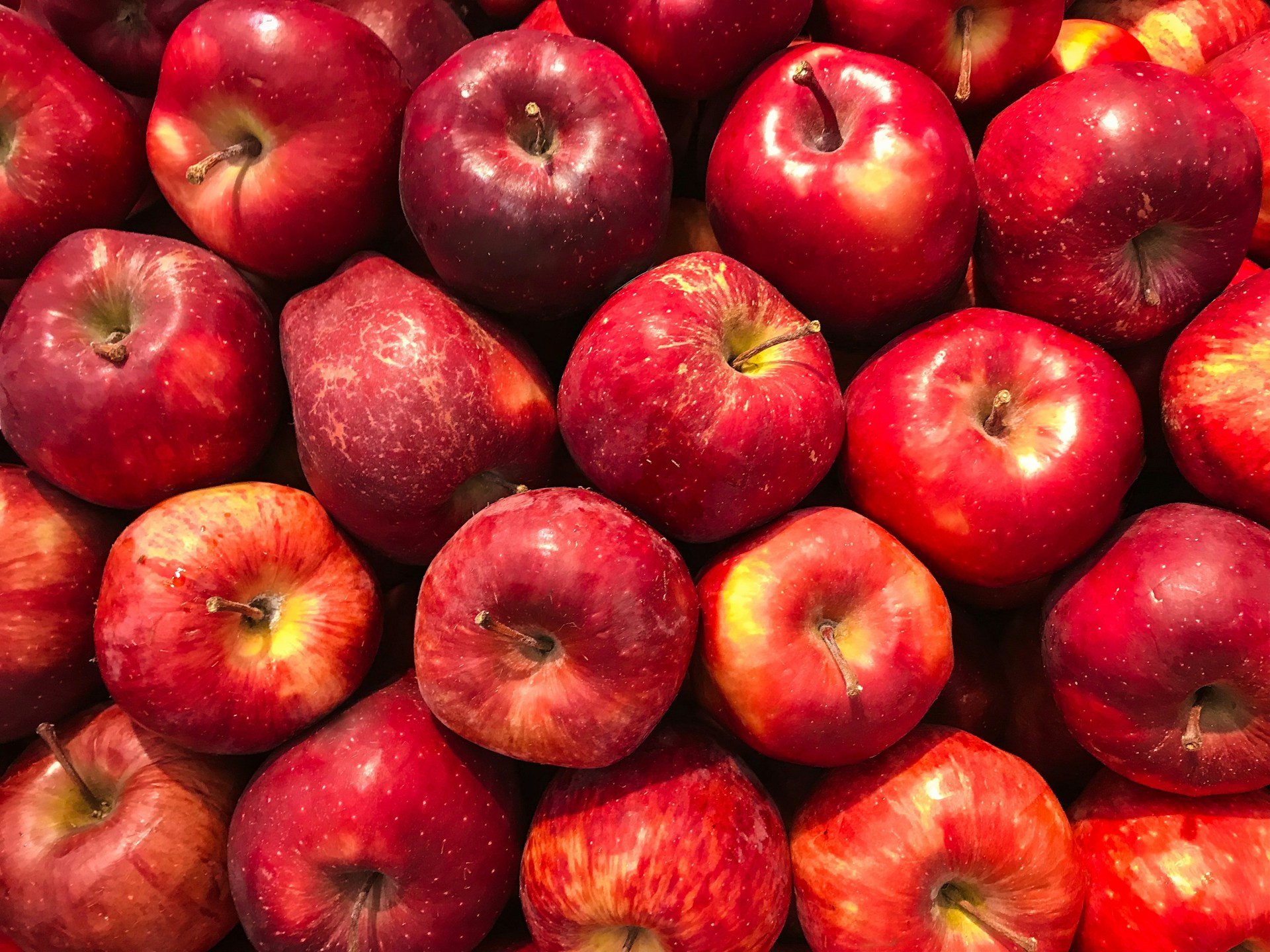
Kitchens once rang with laughter and splashes from apple games that tested timing and nerve. Hanging fruit on strings, chasing it in bowls, or reading peels and seeds turned ordinary produce into playful fortunes. Community centers can revive these with towels, aprons, and patient referees, making space for blushes and triumphs earned by a well timed bite. The charm rests in chaos, giggles, and the soft idea that luck might favor anyone willing to look silly.
Bonfires And Shared Embers

Samhain fires once crowned the hills, and families carried home new embers to relight hearths for protection and renewal. A supervised community bonfire can echo that promise, with safety marshals, music, and a quiet roll call of names remembered. Attendees might light small candles from the central flame and walk home together. The gesture is modest and profound. Warmth multiplies when borrowed, and a pocket of glow against the early winter dark feels like courage.
Mumming And Friendly Mischief

Mummers in masks performed short comic plays, swapping roles, teasing local news, and collecting for ale or charity. The point was not cruelty, but community satire that ended in shared laughter. A revival could pair thrifted costumes with handheld instruments and a plan to support neighborhood causes. When jokes are made by and for the same streets, the misrule heals more than it stings. A bow to familiar faces closes the loop between performer and home.
Hearthside Fortune Games
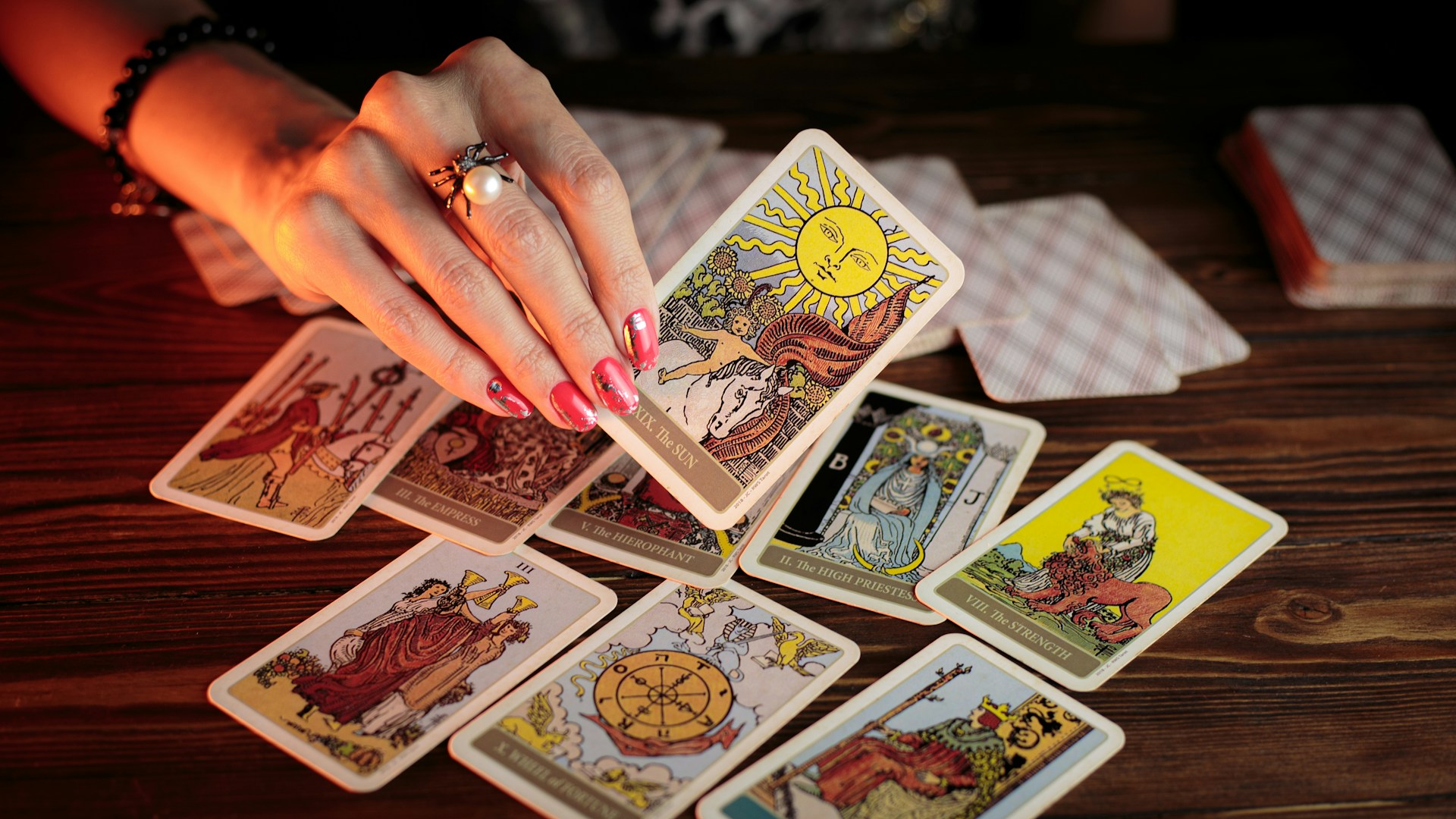
Victorian parlors favored gentle divination that felt more like storytelling than fate. Walnut boats sailed in bowls, mirrors hinted at future guests, and cabbages tugged at midnight promised traits. Reframed today, hosts can curate consent based stations with clear rules and humor, inviting friends to imagine without pressure. A candle, a bowl of water, a handful of nuts, and a notebook are enough. The maybes belong to everyone, and no one is left out.
